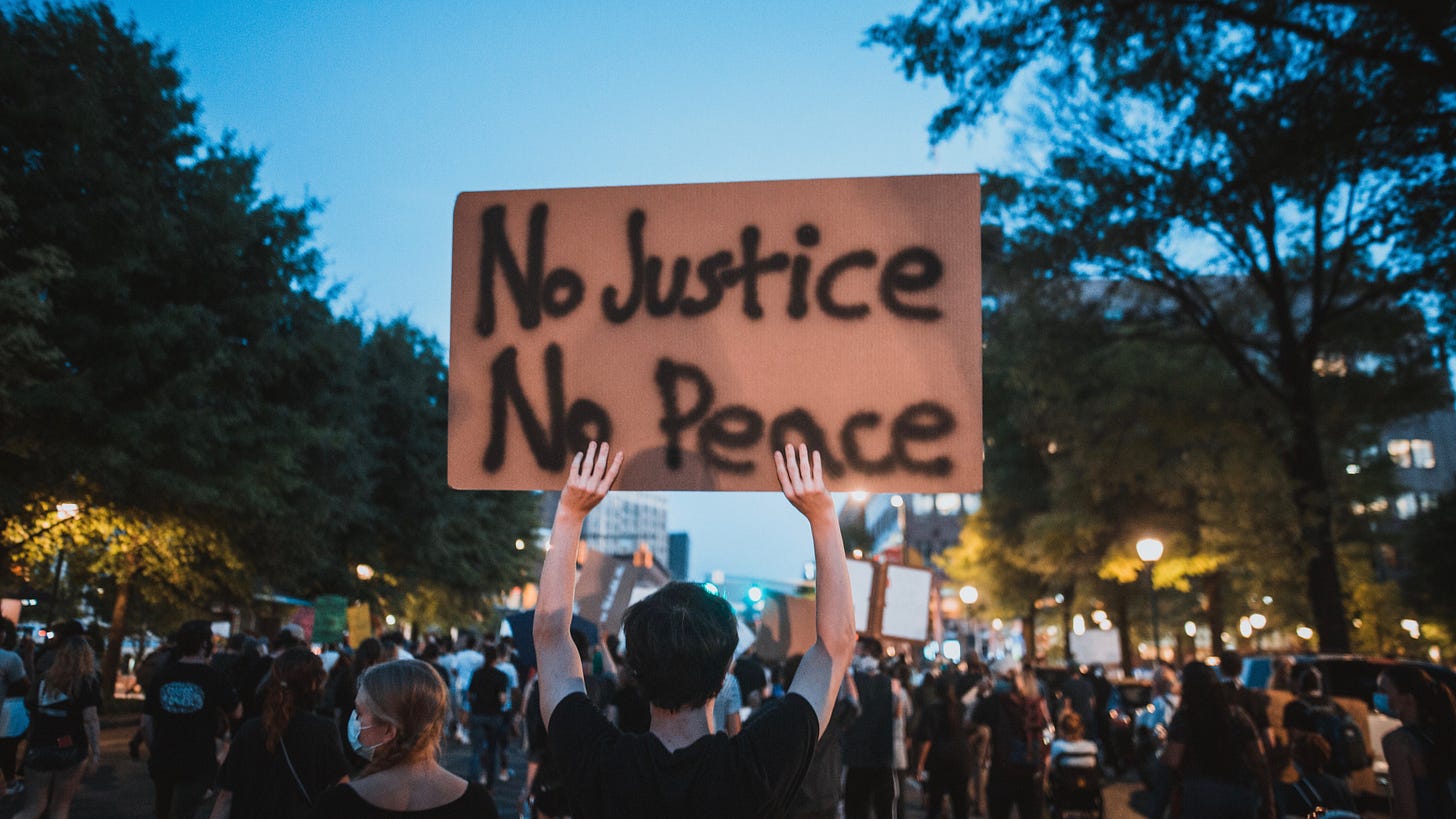"Should You Align With The Cause Of The Day?" (Reader Questions)
"Is it all just about power?" and other reader questions.
A reader comments:
I see what you're trying to do here, and will watch your work with great interest!
Two thoughts:
1) If you align yourself with the cause of the day, and then that cause fails, then you fail with it.
2) Is it not really, in the end, all about power and not ideology? Whatever logical arguments you use are mere window-dressing to give an air of respectability. I imagine, in your example of the Middle Ages, that you would find yourself simply ignored by those in power until you were able to credibly threaten their power or increase their power, at which point you would be destroyed / assimilated as those in power saw fit. This result would be 100% uncorrelated with whatever you're saying, whether it was deeply heretical to Christianity or an unimpeachable logical consequence of the core tenets of the religion.
The book Children’s Justice already answers both these questions in greater detail. Shameless plug.
Now to those two points:
1) Children’s movements are already aligned with the cause of the day - it is just yesterday’s cause: human rights. Human rights was a dominant idea in liberalism, thirty years ago. Now, not so much.
Second, critical theory is not so much a cause as a series of tools. The critique in Children’s Justice would be true and could prevail whether or not the popular social justice critiques around race, gender, and other issues are accepted.
If we think of critical theory as a series of tools for power, this is much closer to borrowing weapons from a movement than aligning with a cause. If one used the tools of human rights language and peaceful protests, they wouldn’t be aligned with the Civil Rights movement, as much as using the same tools. Those tools are over sixty years old. Would you fight a modern conflict today with sixty-year-old weapons, while every other opponent uses the latest tools?
I think the tools and ways of understanding that theory creates are useful and provide more understanding than the current human rights tools others are using. When I use theory in the book, I make it a point to use principles rather than conclusions, and layout exactly which principles I’m using and how I’m doing that.
If we think of theory as a series of tools, rather than just a “cause,” the second question makes less sense. “If you use the latest tools for power, won’t power just ignore you until you take power?” Yeah, that’s why I’m using the latest tools.
This comment also ignores the opposite possibility: If you DON’T align yourself with the movement of the day, and instead align with a past movement currently losing power, don’t you also risk failure? From this perspective, aligning yourself with a historical movement that no longer has real-world power is the greater risk.
To use the original comment: if you align with the cause of the past and it loses power, you lose power with it, whereas the critique of Children’s Justice works whether or not critical social justice maintains power.
Now, on to the next question in-depth:


